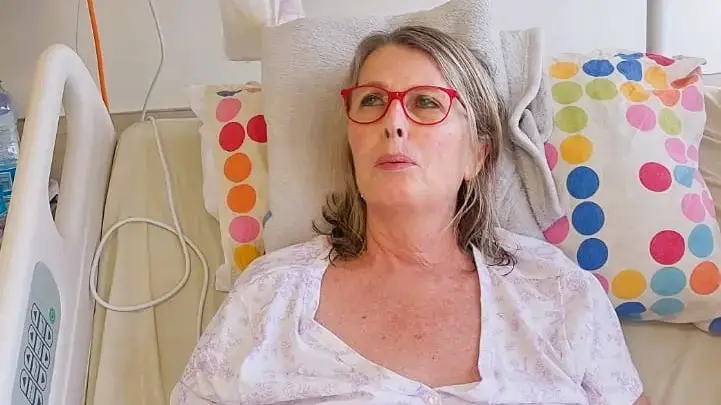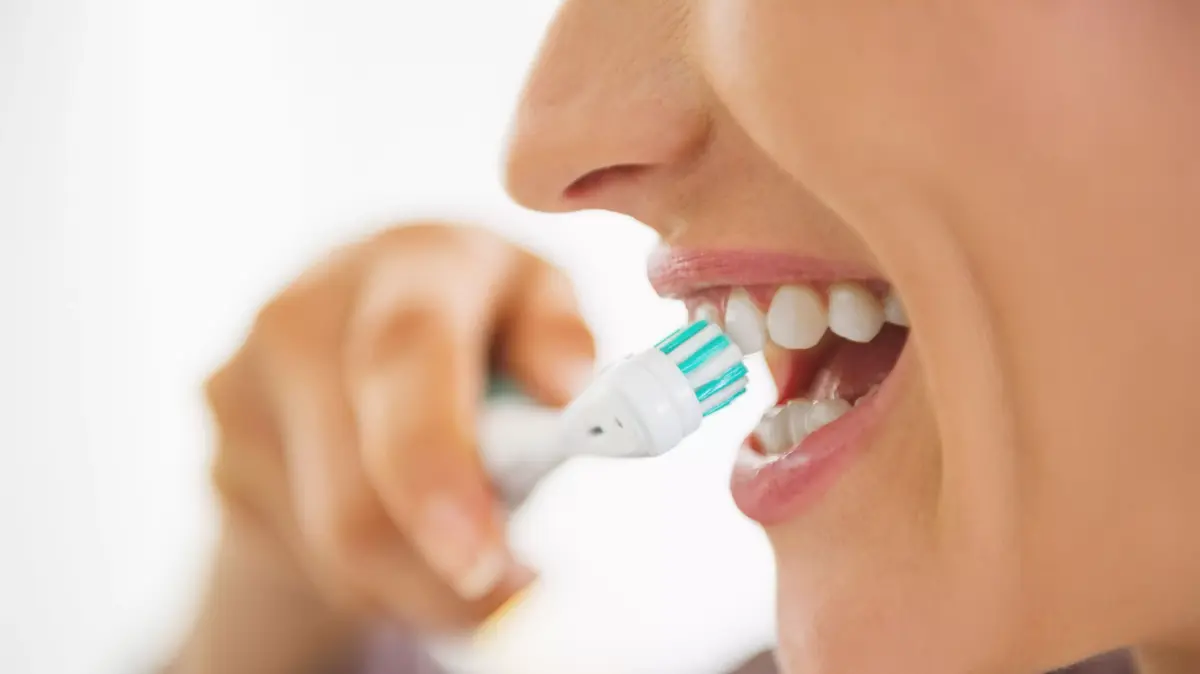Spit, it's for a good cause.
This is the message sent to 50,000 to 80,000 schoolchildren, middle school and high school students this week, as part of the launch of the Covid-19 saliva testing campaign.
Ultimately, National Education intends to use 200,000 kits each week "to ensure epidemic surveillance, carry out targeted screening and thus break the chains of contamination".
Saliva tests were authorized by the High Authority for Health on February 10, despite results "lower by 3% to 11% than those of RT-PCR tests on nasopharyngeal swab".
The long stick in the nose largely repulsed students (or their parents) and teachers.
The Ministry of National Education, Jean-Michel Blanquer, indicated that the 300,000 tests made available per week were "not all carried out, far from it".
"I will not let my children do a PCR test at school," illustrates Pauline, Hugo's mother, 5 years old, and Arthur, 10 years old, who resume this Monday.
I already find wearing the mask very heavy in primary school and I admire the way they respect it.
On the other hand, no problem for a saliva test if we are asked to do so.
Children will not be disturbed and will probably find it funny.
"
A result in 24 hours
The process consists of spitting into a tube, the contents of which are then analyzed in a conventional manner in the laboratory, such as secretions collected from the nose using a swab.
The results arrive within the same time frame, less than 24 hours.
VIDEO. How does the saliva test that will be deployed in schools work?
The Haute Autorité de santé specifies that the reliability of saliva tests depends on the sampling conditions and makes recommendations: “If it is difficult for the patient to spit (for example for very young children), saliva can be taken under tongue using an eyedropper.
The sample must be taken 30 minutes after the last drink, food, cigarette, tooth brushing or oral rinsing.
And the collected sample should be kept in a dry sterile vial at room temperature.
"
Morning essentials newsletter
A tour of the news to start the day
Subscribe to the newsletterAll newsletters
The Ministry of National Education indicates that the campaign will be organized in the areas which resume this Monday (the academies of Besançon, Bordeaux, Clermont-Ferrand, Dijon, Grenoble, Limoges, Lyon and Poitiers), gradually and in collaboration between academies and health authorities.
An experiment was already set up in Charleville-Mézières (Ardennes) last week and the schools of Saint-Etienne (Loire) are, for example, concerned from February 22, as part of a wider campaign to the city.
Priority to areas where the virus circulates strongly
With, ultimately, 200,000 kits available weekly for more than 12 million schoolchildren, college and high school students in the country, choices will have to be made.
"The screening campaigns are aimed primarily at nursery and elementary school students, for whom it may be difficult to perform a nasopharyngeal sample," the General Directorate of Health tells us.
They will be deployed as a priority in areas where the virus is circulating strongly.
"
READ ALSO>
Covid-19: in the event of a symptom, kindergarten children will have to stay at home for 7 days
This signposting towards the little ones will not prevent the setting up of operations with secondary school pupils and in boarding schools.
The strategy will be to organize screenings “preferably at the level of an entire establishment” and with “access to staff”.
The tests, which the Ministry of Health plans to carry out on the same audiences at regular intervals (for example, every four weeks), will serve to isolate and trace cases, but also to better understand the circulation of the virus in schools, which still has many gray areas.
"A panel made up of schools, colleges and high schools, representative of the diversity of the territories (REP +, city centers, rural areas, public-private under contract ...) will be appointed and screenings will be organized in these establishments every 15 days, ”announces the Directorate General of Health.















